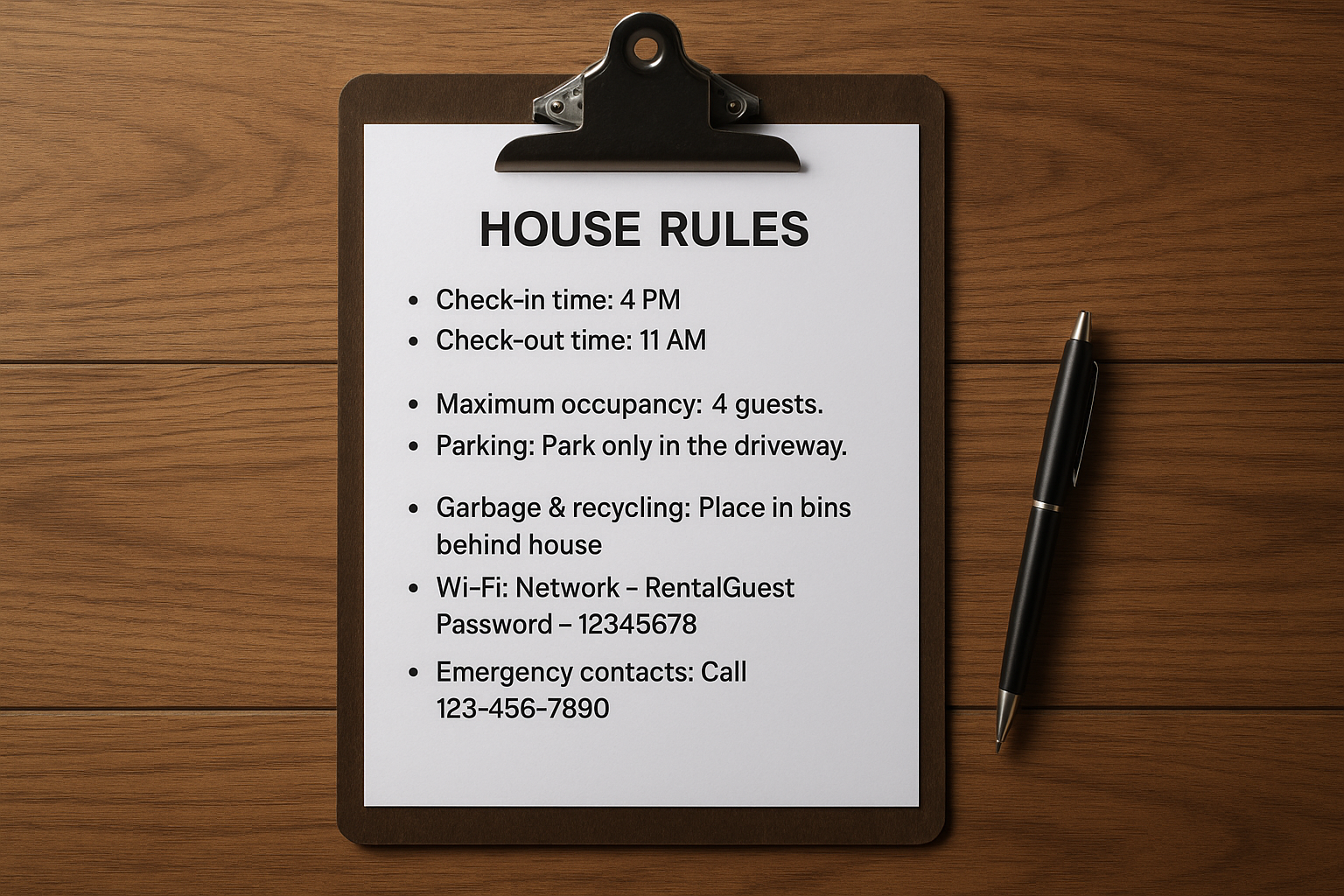When to Adjust Minimum Stay Requirements for Better Bookings

Minimum stay settings decide how much money you actually make. Set them wrong, and you either waste nights or burn out with too many turnovers. There’s no room for uncertainty. The best hosts check the calendar, track demand, and change their rules for a reason. Every adjustment should be deliberate.

Seasonal Shifts Change Everything
Peak season brings a flood of demand. Travelers book longer trips, and competition for prime dates heats up. This is the moment to set longer minimums: three, five, even seven nights. Short stays clog your calendar and block out high-value bookings. When the calendar flips to off-season, the game changes. Demand drops. Empty nights stretch out. Here, flexibility wins. One- or two-night minimums fill gaps and keep the property earning.
- Peak season: Longer minimums lock in higher-value bookings.
- Off-season: Shorter minimums attract last-minute guests and business travelers.
- Shoulder season: Watch dynamic pricing trends and adjust as needed.
- Holidays: Extend minimums to capture full-week or long-weekend stays.
- Local events: Raise minimums when concerts, festivals, or sports fill the city.
Seasonal strategy isn’t set and forget. The best operators check the calendar weekly, compare rates, and tweak rules to match what’s actually happening. What works in July rarely works in January. Listing optimization isn’t a buzzword. It’s a weekly discipline.
Gap Nights Drain Revenue
One-night holes in your calendar add up fast. A week with two gaps means two turnovers, two cleanings, and two lost chances for a longer booking. The solution isn’t luck. It’s active management. Watch for gaps as soon as a booking lands. Adjust your minimum stay to fit the open space. If you see a two-night gap, set the minimum to two. If a single night opens, drop the minimum and fill it with a reliable guest.
Not every short stay is worth the risk. That’s where our guest screening process comes in. We screen for guests who respect the property and follow the rules. Fill the gap, protect your investment, and keep the calendar tight. Every night is inventory. Treat it like a seat on a plane. Empty means lost revenue, and you never get it back.
- Monitor your calendar daily for new gaps.
- Adjust minimums to match the open space.
- Screen short-stay guests to avoid headaches.
- Use last-minute discounts only when needed. Don’t train guests to wait for deals.
Weekends and Weekdays Behave Differently
Friday and Saturday fill up first. Vacationers want long weekends, not midweek escapes. Business travelers, on the other hand, book Monday through Thursday. Treating every night the same leaves money on the table. Set a higher minimum for weekends: three nights locks in the best guests and reduces turnover. Drop the minimum for weekdays to attract business travelers and fill slow nights.
Communication matters. Let guests know about flexible check-in, late check-out, or special weekday rates. Strategic guest communication turns browsers into bookers. Don’t just set rules. Explain the value. Guests respond to clarity and options.
- Three-night minimums for weekends capture longer stays.
- One- or two-night minimums for weekdays fill the calendar.
- Customize messaging to each audience: vacationers and business travelers want different things.
Platform Algorithms Notice Everything
Airbnb, Vrbo, and other platforms track every move. High occupancy and strong reviews push your listing up the search results. Inconsistent minimum stays, frequent cancellations, or empty nights drop you down. The algorithm rewards hosts who keep calendars full and guests happy. Minimum stay settings play a direct role in visibility. Too rigid, and you disappear from searches. Too loose, and you attract the wrong guests.
Balance is the goal. Adjust minimums to match demand, but don’t swing wildly. Consistency builds trust with both platforms and guests. Property performance depends on smart, steady management—not uncertainty. At MainStay Hosts, we help owners find that balance so their listings stay visible and profitable.
- Keep occupancy high to boost search ranking.
- Adjust minimums with purpose, not panic.
- Respond quickly to booking inquiries. Speed matters.
- Protect your review score by screening guests and setting clear expectations.
Local Events Shift the Rules
Concerts, conventions, and festivals change the booking environment overnight. Suddenly, demand spikes and guests look for longer stays. Raise your minimums before the rush. Don’t wait until the calendar fills. By then, it’s too late. Watch local event calendars and adjust your rules a month in advance. This locks in high-value bookings and keeps your property out of the bargain bin.
- Monitor city event calendars weekly.
- Raise minimums for major events and holidays.
- Communicate special requirements clearly in your listing.
Smart Adjustments, Real Results
Minimum stay rules aren’t just numbers. They’re levers for profit. The best operators adjust them with intention, not uncertainty. Watch the market, know your guests, and treat every night as valuable. The difference between a full calendar and empty weeks comes down to active management and smart decisions. Our team at MainStay Hosts is here to guide you through every adjustment, so you can maximize your rental’s earning potential.
Ready to Optimize Your Rental Requirements?
Contact MainStay Hosts at 727-513-0102 or schedule a consultation to see how strategic minimum stay adjustments can boost your booking revenue.
‹ Back







